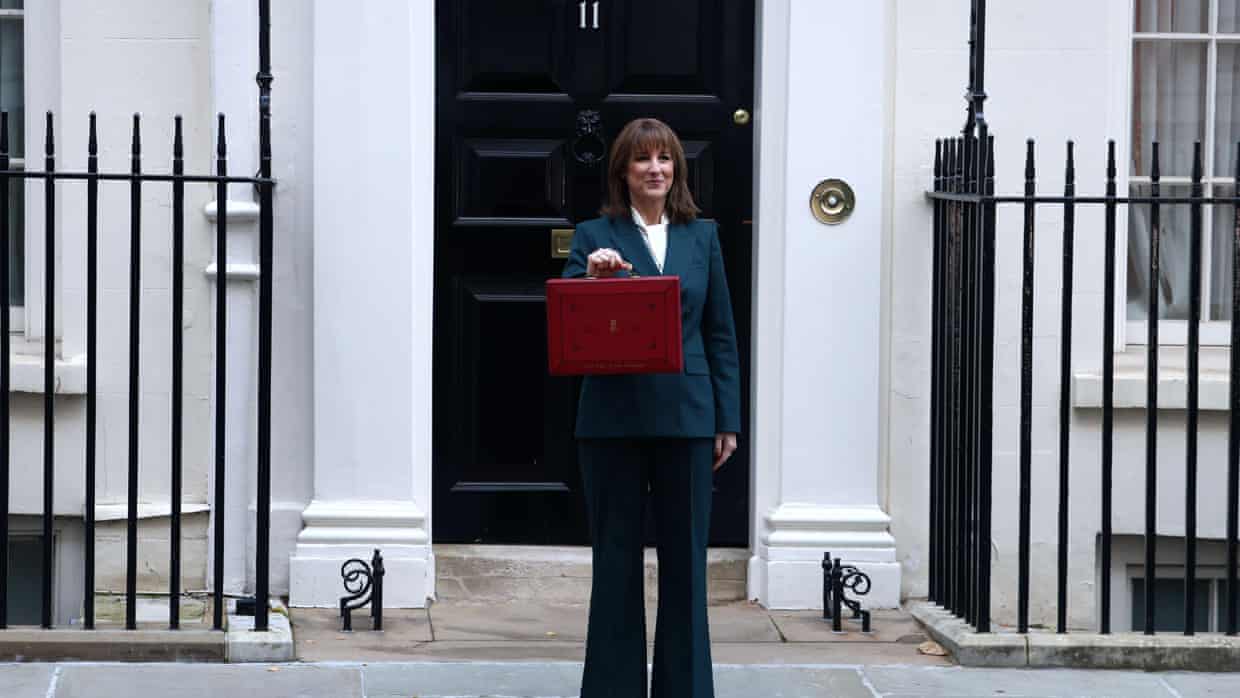U.S. Vice President JD Vance expressed cautious optimism regarding the fragile ceasefire in Gaza during his visit to Israel on October 10, 2023. He acknowledged that while the ceasefire has shown better-than-expected progress, significant challenges remain, including disarming Hamas and rebuilding the war-torn region. The ceasefire, which began on October 10, has been marred by recent flare-ups of violence, yet Vance described the current situation as “going better than I expected.”
During the visit, Steve Witkoff, the Trump administration’s Middle East envoy, echoed Vance’s sentiments, stating that “we are exceeding where we thought we would be at this time.” Their discussions took place at a newly established center in Israel focused on civilian and military cooperation, amid ongoing uncertainties about Gaza’s long-term governance and the potential deployment of an international security force.
Vance emphasized that his visit was not an emergency measure to maintain the ceasefire. He expressed confidence in achieving lasting peace but warned that if Hamas fails to cooperate, it could face severe consequences. The Vice President remarked, “If Hamas doesn’t cooperate, it will be obliterated.”
One of the key architects of the ceasefire agreement, Jared Kushner, also highlighted the complexities involved in transitioning from two years of intense warfare to a peacetime stance. Vance is scheduled to meet with Israeli Prime Minister Benjamin Netanyahu and other officials before concluding his visit on Thursday.
In a surprising political move, Netanyahu dismissed his national security adviser, Tzachi Hanegbi, on the same day. Israeli media reported that Hanegbi opposed the renewal of military operations in Gaza earlier this year and had been critical of a failed assassination attempt on Hamas leaders.
Late on Tuesday, Israel’s military confirmed the return of the remains of two more hostages from Gaza, bringing the total to 13 since the ceasefire began. Vance urged patience as the process of recovering hostages continues, noting that some remain buried under rubble and others are unaccounted for. “Some of these hostages are buried under thousands of pounds of rubble,” he stated.
Under the terms of the ceasefire, Israel is releasing 15 Palestinian bodies for each dead hostage, according to Gaza’s Health Ministry. As of this week, Israel has transferred 165 bodies since the ceasefire commenced.
Humanitarian aid into Gaza has seen an increase, with the World Food Program (WFP) reporting the delivery of over 530 trucks in the past ten days, providing food for nearly half a million people. This figure remains significantly lower than the pre-war average of 500 to 600 trucks daily. The WFP has also reinstated 26 distribution points across Gaza and aims to expand to its previous 145 points as soon as feasible.
Despite the increase in aid, local residents have reported soaring prices for essential goods. A 25-kilogram package of flour surged to over $70 early in the week, compared to about $12 shortly after the ceasefire. By Tuesday, the price had dropped to around $30, but many residents expressed frustration with merchants capitalizing on the crisis. “They are exploiting us,” said Mohamed al-Faqawi, a resident of Khan Younis.
In response to rising prices, Hamas has implemented measures to curb what it terms price gouging, raiding shops and forcing merchants to lower prices. Nahed Sheheiber, head of Gaza’s private truckers’ union, insisted that there has been no theft of aid since the ceasefire began.
As the humanitarian situation remains dire, Gaza’s financial system is in disarray, with many banks and ATMs non-operational. Residents face exorbitant fees from cash brokers to access money for daily needs. On Tuesday, long lines formed outside the Bank of Palestine as people attempted to withdraw their funds, only to be turned away.
In a troubling development, a senior health official in Gaza announced that some bodies returned by Israel displayed signs of torture and called for a United Nations investigation. Dr. Muneer al-Boursh, the general director of the health ministry, reported evidence of binding and severe injuries on some of the returned bodies. The Israel Prisons Service has denied allegations of mistreatment of prisoners, stating they have adhered to legal procedures.
The ongoing conflict has claimed approximately 1,200 lives in Israel, mostly civilians, and resulted in the abduction of 251 individuals by Hamas. According to Gaza’s Health Ministry, the conflict has also resulted in over 68,000 Palestinian deaths, a figure that includes both civilians and combatants.
As Vance continues his diplomatic efforts in the region, the international community remains watchful of the evolving situation in Gaza and the challenges that lie ahead in securing lasting peace.







